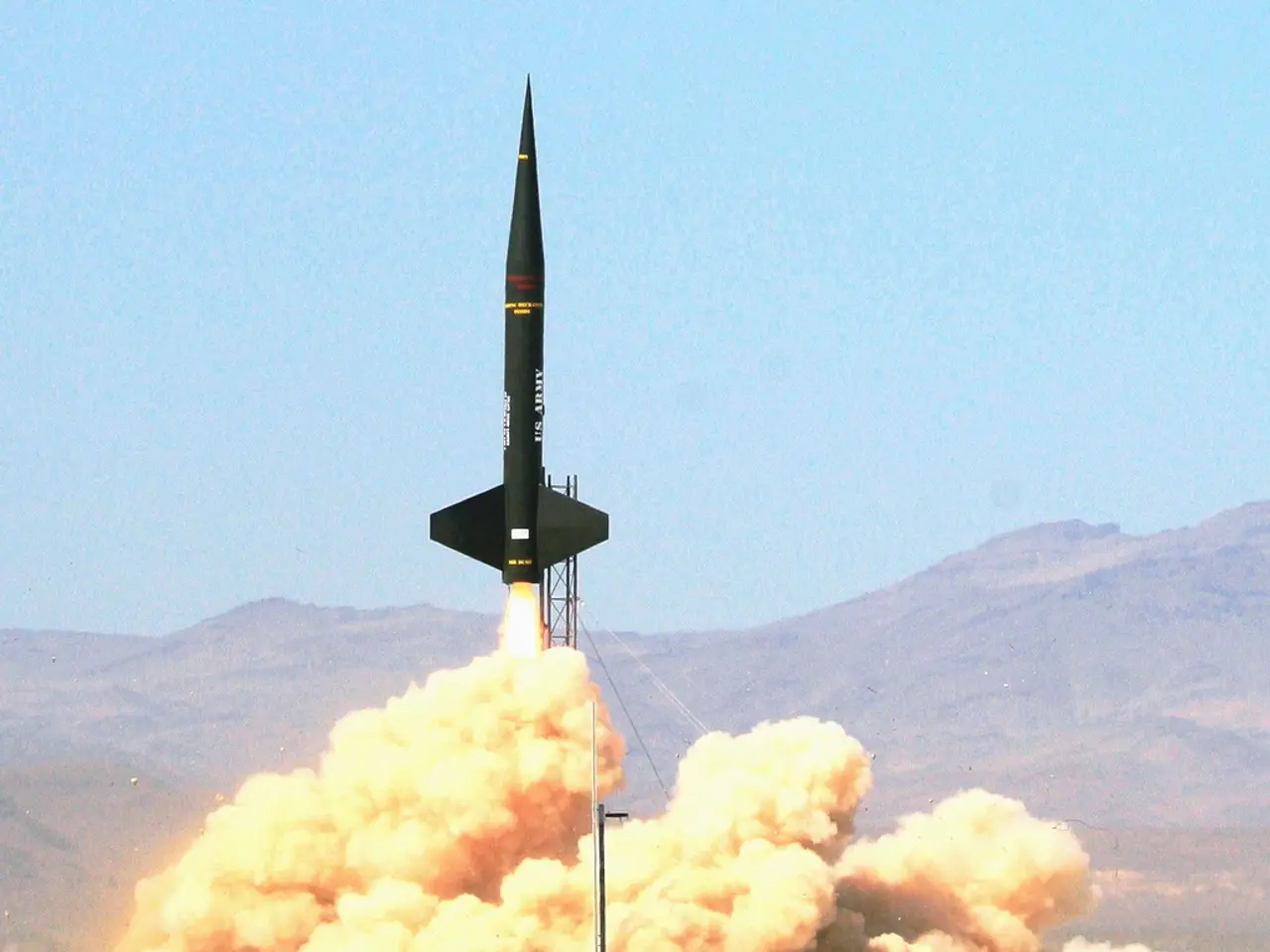SpaceX under pressure from Mayor Claudia Sheinbaum over alleged debris incidents involving her city
In a series of events that have raised both environmental concerns and legal questions, SpaceX's Starship rocket explosion on the south Texas coast on June 18th, 2023, has sparked a heated debate between the US and Mexico.
The international legal landscape governing the environmental impact of SpaceX rocket launches, particularly with regards to cross-border effects between the US and Mexico, involves several key treaties and emerging considerations. The United Nations Convention on the Law of the Sea (UNCLOS) and the Outer Space Treaty of 1967 (OST) form the primary international legal bases.
Mexico has filed a complaint against SpaceX for environmental damage caused by rocket debris containing toxic substances in Mexican waters, alleging violations of these treaties and raising concerns about transboundary harm. This complaint could set a precedent making companies like SpaceX liable for environmental harm beyond their own countries, potentially extending liability from land to airspace and maritime zones affected by rocket debris.
While the Outer Space Treaty, though foundational for space activities and widely supported, does not explicitly address detailed environmental liability rules, efforts to interpret the OST emphasize that any additional regulations should not contradict its principles, including equitable use and environmental protection.
Existing guidelines and standards, such as the UN Guidelines and ISO Standard 24113 on space debris mitigation, encourage voluntary measures to reduce debris and environmental impact of launches and re-entries, but are not legally binding. These guidelines acknowledge that rocket launches contribute to air pollution and ozone depletion, motivating calls for regulation in the space industry to mitigate these impacts.
At a regional level, new regulatory developments like the EU Space Act (drafted in 2025) aim to implement legally binding sustainability and environmental responsibility measures within the European Union. This includes creating unified methods to assess environmental impacts of space activities and enforce safer satellite disposal and debris reduction, signaling a move toward stronger regulatory frameworks in space operations.
The explosion was the latest setback to Elon Musk's dream of sending humans to Mars. The US Federal Aviation Administration (FAA) approved an increase in annual Starship rocket launches from five to 25 in early May, 2023. The decision to expand the project potentially endangered sea turtles and shorebirds, despite objections from conservation groups.
Mexican President Claudia Sheinbaum threatened legal action over falling debris and contamination from Elon Musk's SpaceX rocket launches. Sheinbaum stated that there is indeed contamination, and her government is carrying out a comprehensive review of the environmental impacts of the rocket launches for the neighboring state of Tamaulipas.
Meanwhile, the US FAA stated that the increased frequency would not hurt the environment. However, this assertion is being challenged by Mexico's complaint and growing global attention on sustainability in space operations.
As the legal tussle unfolds, it remains to be seen how international law will evolve to address the environmental impacts of space activities, particularly in cross-border contexts. One thing is certain: the space industry will need to adapt to increasingly stringent regulations to ensure the safety and well-being of our planet.
- As the corporate space industry, such as SpaceX, faces regulatory challenges from international bodies like the United Nations and regional authorities such as the EU Space Act, finance for these ventures may need to account for the expanding environmental obligations and the potential risk of litigation associated with cross-border space activities.
- The ongoing space-and-astronomy and general-news debates about the environmental implications of rocket launches have significant political repercussions, as demonstrated by Mexico's complaint against SpaceX for violations of key international treaties and claims of transboundary harm.
- In the realm of science and technology, rising concerns over environmental impact and sustainability will transformationally shape the future of the space industry, potentially leading to the development of new, more eco-friendly technologies and stricter regulatory guidelines to minimize pollution and debris production from rocket launches and re-entries.




